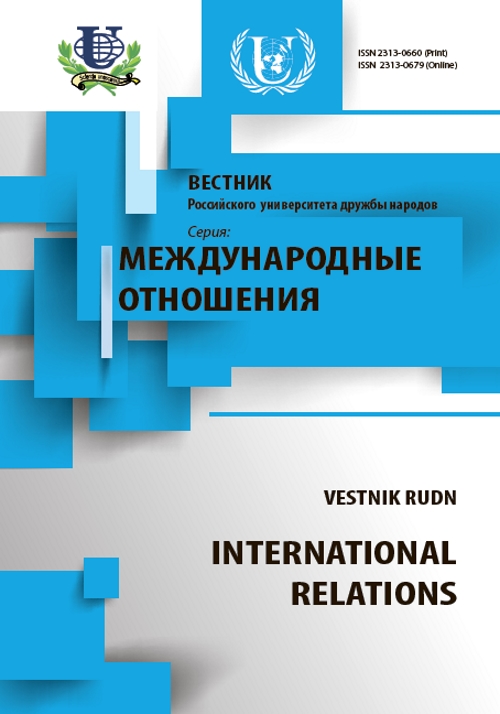The U.S. Role in Restructuring the Middle East
- Authors: Gurbangeldiyev A.M.1
-
Affiliations:
- Moscow State Institute of International Relations (MGIMO-University) Ministry of Foreign Affairs of Russia
- Issue: Vol 15, No 3 (2015): International Political Science. Conflict Studies. Greater Middle East
- Pages: 91-98
- Section: ARTICLES
- URL: https://journals.rudn.ru/international-relations/article/view/10713
- ID: 10713
Cite item
Full Text
Abstract
Within the framework of global leadership strategy, cooperation with regional powers turns out to be beneficial for the U.S. In the beginning of the XXI century, the United States relied on Turkey in the Middle East, but “neo-Ottoman” ambitions of Turkish government have caused such strong fears in Washington that in order to control its influence on the neighboring countries, the United States decided to limit the mediating role of Ankara in overall conflicts and dissentions in the region, by giving the prerogative to the other Sunni countries. At the same time, in order to deter the Sunni countries as a whole, US decided to soften its stance on Shiite Iran - a longtime political opponent. The situation in Iraq and the passive position of the U.S. in Syria allowed Shiite Iran to expand its influence in the region. The emerging Sunni-Shiite conflict in the Middle East provoked the rise of extremism in the region, as well as the armed conflict in Yemen. One of the main problems that threatens the regional and global security is a newly emerged radical terrorist organization ISIL, which to fight against, the U.S. provides a military and technical support to the Iraqi Kurds striving for their own sovereignty. The possibility of a rise of a Kurdish state in the region, in turn, poses a threat to the territorial integrity of Iran, Turkey, Syria and Iraq.
Keywords
About the authors
Arslan Muhammetkurbanovich Gurbangeldiyev
Moscow State Institute of International Relations (MGIMO-University) Ministry of Foreign Affairs of Russia
Email: diplomacy21@gmail.com
Department of Applied Analysis of International Problems
References
Supplementary files










